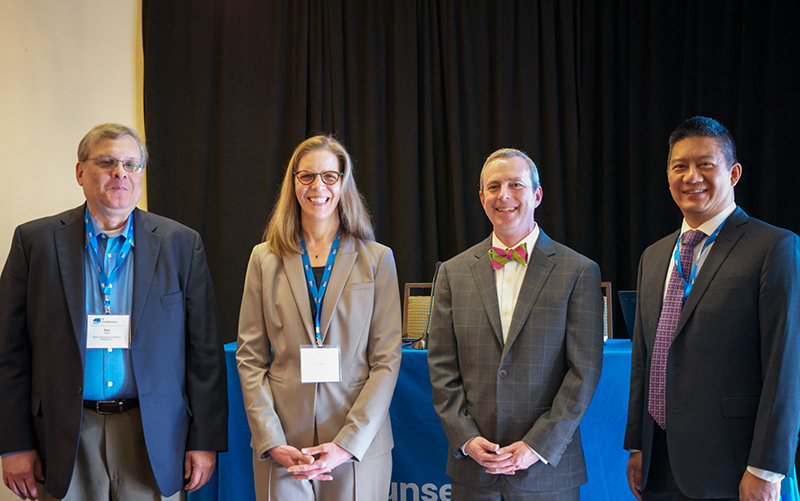During a hearing Thursday, March 23, members of the Senate Finance Committee urged U.S. Trade Representative (USTR) Ambassador Katherine Tai to take action regarding Mexico’s ban on biotech corn and expressed concerns about additional World Trade Organization (WTO) intellectual property concessions.
Sen. Chuck Grassley (R-IA) criticized USTR’s handling of Mexico’s proposal to prohibit the import of biotech corn from the U.S., stating that they have been unreasonably patient. USTR initiated technical consultations under the U.S.-Mexico-Canada (USMCA) agreement on March 6, but Sen. Grassley called for a formal dispute settlement to be filed on April 7, which is the first day possible.
Ranking Member Mike Crapo (R-ID) was among those who agreed on this. “What the Administration proposes as a trade negotiations and enforcement agenda is strikingly limited,” Crapo stated.
Mexico’s president issued a decree in December 2020 for a biotech corn ban, stating that biotech corn for human consumption will be phased out by 2024 and future biotech approvals will be discontinued. Since then, the Biotechnology Innovation Organization (BIO) has been a vocal advocate for a resolution to the significant issue at hand.
Bio.News previously reported that the prohibition would not only pose a risk to Mexico’s food security but would also have a notable impact on the economies of both nations.
Expanded IP protections could jeopardize U.S. innovation
On the topic of WTO’s waiver of COVID IP protections, Senator Thom Tillis (R-NC) voiced his concerns that if these protections are expanded to cover diagnostics and therapeutics, they could jeopardize American innovation and leadership in the life sciences.
Ambassador Tai stated that the administration is still discussing the matter, and has called for the International Trade Commission to gather feedback from the public and then offer an advice to the USTR.
As part of its request for public input, the U.S. Trade Representative (USTR) had invited concerned individuals make their public speaking requests until March 15 and submit their pre-hearing briefs and statements by March 17. Additionally, written submissions will be accepted until May 5.
BIO has opposed both the waiver and its expansion, which “would send U.S.-developed innovative technologies and biomanufacturing jobs overseas.”
Ambassador Tai is also scheduled to appear before the House Ways and Means Committee on March 24, where the aforementioned issues might be discussed once again.




